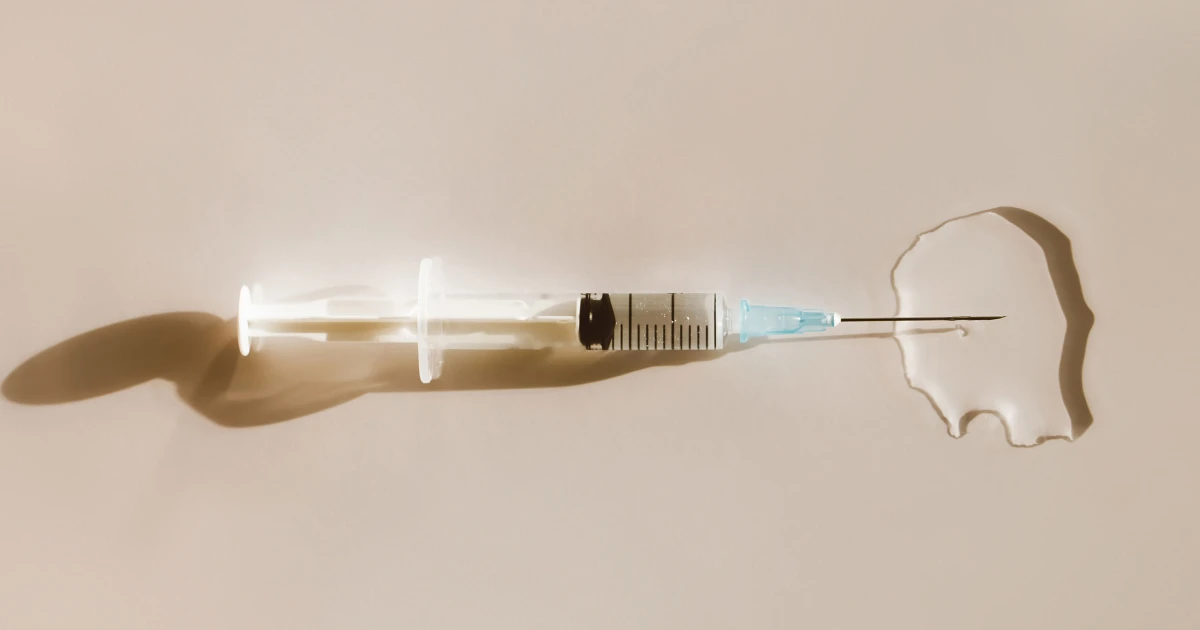Copyright TODAY

The Food and Drug Administration just sent stern warnings to companies for illegally selling counterfeit or misbranded Botox-like products online. All of the 18 companies that received warning letters owned websites that sold products that claimed to contain botulinum toxin, the active ingredient in Botox, according to the FDA press release. The letters follow up on an investigation by the Centers for Disease Control and Prevention last summer. Public health officials investigated 17 cases of people in nine states who’d experienced severe reactions after getting counterfeit Botox injections. They developed complications such as blurry vision, difficulty swallowing, difficulty breathing and slurred speech. “Unapproved and misbranded Botox products carry serious health risks," said FDA commissioner Dr. Marty Makary in a statement. "Today we’re taking action to protect American consumers and prevent online entities from selling these dangerous products.” Botox and other similar neurotoxins are only available with a prescription from a licensed medical professional. They work by preventing the release of a particular neurotransmitter, which thereby temporarily paralyzes the muscle. These injections have cosmetic uses, such as reducing the appearance of wrinkles, and can also be used to manage migraines, for instance. But botulinum toxin products purchased online may be counterfeit or mislabeled, the FDA says, which opens consumers up to considerable health risks. Additionally, some of the products claim to contain forms of botulinum toxin that may be approved in other countries that aren't approved in the U.S. For example, two companies received warning letters related to the sale of Innotox, which is sometimes referred to as "Korean Botox" on social media. Earlier this year, TODAY.com reported on the trend of people self-injecting Innotox that they purchased online without any medical supervision. These products are often much cheaper than Botox and, as social media videos claim, can be injected without help from a professional. Board-certified dermatologists repeatedly told TODAY.com that this practice carries serious risks of improper injection, including the risk for botulism, as well as the risks inherent in injecting a substance that may be entirely mislabeled. If there is actually botulinum toxin in the product "and you’re just injecting it into the wrong places, you could have facial muscle weakness or facial muscle paralysis,” Dr. Evan Rieder, who is board-certified in both dermatology and psychiatry, told TODAY.com. Sometimes these effects take several injections to appear. And they can last for months. “You could think that you’re in the clear and then all of a sudden, you can’t open one of your eyes and you don’t know what to do," Molly O’Rourke, a registered nurse and nurse injector at 207 Laser, a medical spa in Portland, Maine, told TODAY.com previously. At the more severe end of the spectrum, "if you have too much botulinum toxin (in your body), you get flaccid paralysis," Dr. Michelle Henry, board-certified dermatologist, told TODAY.com previously. That means "all of your muscles stop working and contracting, including the muscles you need to breathe, and that’s how patients die." If a patient is getting an injection from a medical professional, that expert can take appropriate steps to counteract the negative effects. But if consumers are buying and injecting what they think are neurotoxin products from the internet, they may be completely on their own until it's too late, experts worry.



